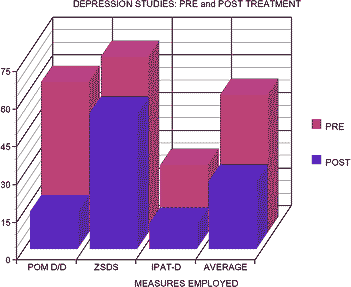Do you suffer from Depression, Anxiety or Insomnia?
Do you know someone who has suffered a concussion, Traumatic Brain Injury (tbi) or struggles with addiction?
•Approximately 14 million people in the U.S. live with this serious illness
•About 4 million of these do not benefit from standard antidepressant medication
The FDA has recognized CES as a Class III device for treatment of depression, anxiety, and sleep disorders.
Studies and clinical experience also confirm benefits for:
- attention deficit hyperactivity disorder (ADHD),
- obsessive-compulsive disorder,
- post-traumatic stress disorder (PTSD),
- cognitive dysfunction,
- traumatic brain injury,
- pain,
- enhancing attention and concentration, and
- decreasing assaultive behavior.
- Substance abuse
How does Cranial Electrotherapy Stimulation (CES) work
Based on previous and ongoing studies, micro current waves activate specific groups of nerve cells that are located at the brainstem. These groups of nerve cells produce the chemicals serotonin and acetylcholine, which can affect the chemical activity of nerve cells in the nervous system. By changing the electrical and chemical activity of certain nerve cells in the brainstem, the current amplifies activity in some neurological systems, and diminishes activity in others. This neurological fine tuning is called modulation, and occurs either as a result of, or together with the production of electrical activity patterns in the brain known as an alpha state. Such alpha rhythms are accompanied by feelings of calmness, relaxation and increased mental focus.
CES has been shown in multiple peer reviewed studies, that it is more efficacious beyond a placebo effect than some of the leading depression treatment medication on the market. It provides significant relief to 9 out of 10 patients that try it. See study graph below.

1 treatment - $45
5 treatments $210
10 treatments $415
Research on Efficacy
Gilula MF, Kirsch DL. (2005). Cranial electrotherapy stimulation review: a safer alternative to psychopharmaceuticals in the treatment of depression. Journal of Neurotherapy, 9(2), 63-77.
Bystritsky, Alexander, Kerwin, Lauren and Feusner, Jamie. (2008 url=http://www.ncbi.nlm.nih.gov/pubmed/18348596). "A pilot study of cranial electrotherapy stimulation for generalized anxiety disorder.". Journal of Clinical Psychiatry 69: 412–417. doi:10.4088/JCP.v69n0311. PMID 18348596.


